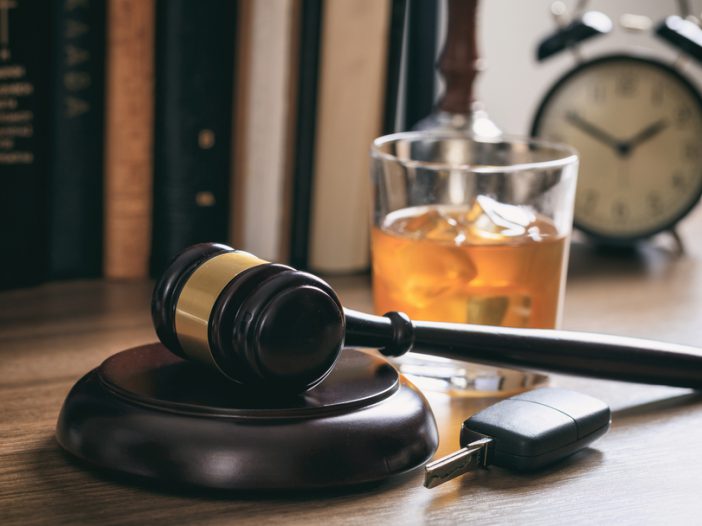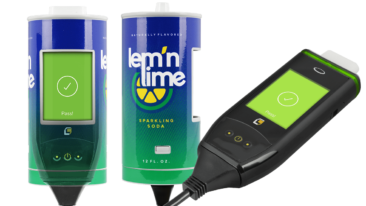
Say you’re out having dinner with some friends. The night is going well, the conversation is charged, and the third bottle of wine has just been ordered. It’s a careless mistake, but you decide to drive home after this dinner. Your BAC is above the legal limit…
Being convicted of drunk driving has far-reaching effects. The initial penalties and fees are expensive, and it could leave you with a suspended or revoked license, unable to drive yourself about freely, unless you are allowed driving privileges with a car breathalyzer. Your insurance premiums will rise, nearly doubling (depending on the state), and you could even experience some jail time. Not to mention the immediate physical effects of a DUI—injuries and car damage—that can result from drinking-related accidents.
A DUI charge isn’t something to take lightly, yet there are over 100 million self-reported cases per year. A tiny fraction, 1%, are caught, charged, and convicted, leaving a mark on their record. How long this mark stays on their record is known as the “lookback period,” and it depends on the state you were convicted.
How Lookback Laws Change State by State
Lookback laws and the associated punishments vary state by state. Some have a lifetime lookback period, but only increase penalties when DUIs are charged within years of each other (like Colorado). Other states will have a shorter, seven-year lookback period, with lifetime lookbacks for a third-time DUI conviction (like Michigan).
The states with the longest lookback period (lifetime) are:
- Colorado
- Delaware
- Florida
- Massachusetts
- Montana
- New Mexico
- Texas
- Vermont
The states with the shortest DUI lookback period (five years) are:
- Alabama
- Arkansas
- Hawaii
- Indiana
- Maryland
- Mississippi
- Missouri
- Rhode Island
What Are The Effects of Look Back Laws
About a third of all convicted DUIs are repeat offenders. This means that if someone is charged with a DUI arrest, there’s a good chance the penalties and fines won’t prevent them from driving drunk again. This is one reason why insurance premiums rise drastically. Driving while intoxicated has a significantly higher chance of a car accident and damage to your car and other property.
Lookback laws also allow the court to get a full picture of each drunk driving offense and your overall driving record. In most states, it lets the past be the past. While in others, where the lookback period is a lifetime, it makes each consecutive punishment worse.
Harsher Penalties
Test Case: Nevada
Nevada’s look back period is seven years. So, in a span of fifteen years, someone—let’s call her Fran—could be convicted of three DUIs, each of them counting as a first-time conviction.
If each DUI were “standard,” meaning no serious accident or fatalities occurred as a result, then the penalties of each would be light:
- Between 2 days and 6 months of jail time
- DUI traffic school
- An initial fine of $400-$1,000
- 185 days suspended driver’s license
- If your blood alcohol content was above 0.18:
- Must attend an alcohol abuse treatment program
- Must install an ignition interlock device for 1 to 3 years
However, if Fran were to commit those three DUIs within the span of seven years, the DUI penalties would increase. By the third offense, she would be arrested and charged with a class B felony DUI instead of a misdemeanor. The penalties for which are much harsher:
- Prison sentencing of 1-6 years
- Initial fine of $2,000-$5,000
- 3 years of a suspended or revoked license
- Ignition interlock device installed in the car for 1 to 3 years after being released from prison
How Do Look Back Laws Carry Over States
What happens if Fran commits that third DUI not in Nevada, but in Alabama, where the lookback period extends just five years. The question is, how would the court react to Fran’s DWI history?
Courts generally look at DUI offenses in other states as if they occurred within their own. Because states have different lookback time periods, they typically only go as far back as their state allows, even if the other state provides information from previous years. In Fran’s case, if one of her DUIs in Nevada occurred 6 years ago and the other occurred 3 years ago, her “third” DUI would be charged as a “second” DUI offense in Alabama.
Look Back Laws and IIDs
Look back periods are designed to increase punishments to deter people from being multiple-time drunk driving offenders. However, states are starting to catch on that severer punishments do not translate to less drunk driving convictions. Instead, preventative measures are needed to prevent people from being able to get behind the wheel while intoxicated.
Until AI and smart cars have us driving around automatically, the best solution is to install an ignition interlock device (IID) into the vehicle. With a simple breath test, the IID will determine if the driver is legally drunk and whether the car will start or not. Installing this as part of the court’s mandate, or installing it yourself as a preventative measure, will help to curb second and third-time DUI offenses.
Sources:
https://www.cdc.gov/motorvehiclesafety/impaired_driving/impaired-drv_factsheet.html
https://www.responsibility.org/alcohol-statistics/state-map/issue/dui-look-back-periods/
https://thelawdictionary.org/article/do-duis-carry-over-into-different-states/

